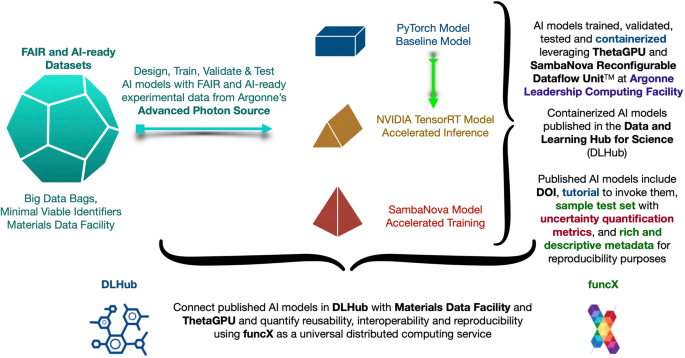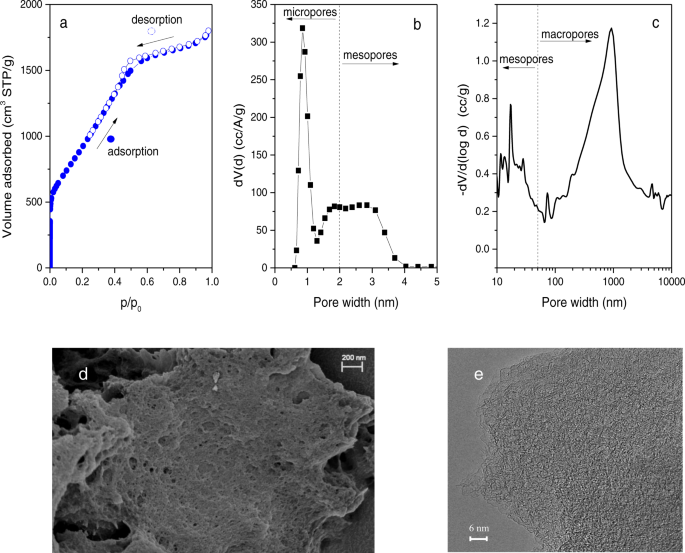- アルゴンヌは、米国の研究所と共同で、さまざまなエンジンタイプに対応する有望なバイオ燃料を特定する研究を行っています。
Argonne collaborates with U.S. laboratories on research to identify promising biofuels for different engine types.
- 先進マルチモードエンジン用バイオマス由来燃料の技術経済性およびライフサイクル分析に基づくコストおよび環境負荷の主要因の特定 Identification of Key Drivers of Cost and Environmental Impact for Biomass-Derived Fuel for Advanced Multimode Engines Based on Techno-Economic and Life Cycle Analysis
- 混合制御圧縮着火エンジン用バイオ由来ブレンドストックの環境、経済性およびスケーラビリティに関する考察 Environmental, Economic, and Scalability Considerations of Selected Bio-Derived Blendstocks for Mixing-Controlled Compression Ignition Engines
アルゴンヌは、米国の研究所と共同で、さまざまなエンジンタイプに対応する有望なバイオ燃料を特定する研究を行っています。 Argonne collaborates with U.S. laboratories on research to identify promising biofuels for different engine types.
2022-11-10 アルゴンヌ国立研究所(ANL)
1件目は、マルチモード内燃機関を最適化するための12のバイオ燃料生産経路を評価した。マルチモードエンジンは、走行要求に応じて点火、燃焼、燃料調製の方法を使い分けることで、より高い効率とコスト削減を実現することができる。
2つ目の研究は、混合制御圧縮着火式と呼ばれるタイプのエンジンに最適なバイオ燃料の製造方法を25通り分析しました。このディーゼルエンジンは、主に貨物輸送に使用されています。バイオ燃料の生産経路を開発するために、研究者は木材チップやトウモロコシの茎葉などの植物原料、大豆やキュピアの油、湿った廃棄物やリサイクルされた油脂など、さまざまな原料を使用した。また、発酵、ガス化、熱水液化などの変換技術も使用した。
バイオ燃料と先進的なエンジン設計を組み合わせることで、燃料効率の向上やテールパイプ排出の削減を図りながら、温室効果ガス(GHG)排出量を約60%削減できることが明らかになった。
<関連情報>
- https://www.anl.gov/article/biofuel-on-the-road-to-energy-cost-savings
- https://pubs.acs.org/doi/10.1021/acssuschemeng.2c00944
- https://pubs.acs.org/doi/10.1021/acssuschemeng.2c00781
先進マルチモードエンジン用バイオマス由来燃料の技術経済性およびライフサイクル分析に基づくコストおよび環境負荷の主要因の特定 Identification of Key Drivers of Cost and Environmental Impact for Biomass-Derived Fuel for Advanced Multimode Engines Based on Techno-Economic and Life Cycle Analysis
Pahola Thathiana Benavides, Andrew W. Bartling, Steven D. Phillips, Troy R. Hawkins*, Avantika Singh, George G. Zaimes, Matthew Wiatrowski, Kylee Harris, Pralhad H. Burli, Damon Hartley, Teresa Alleman, Gina Fioroni, and Daniel Gaspar
ACS Sustainable Chemistry & Engineering Published:August 3, 2022
DOI:https://doi.org/10.1021/acssuschemeng.2c00944

Abstract
Early stage research and development are needed to accelerate the introduction of advanced biofuel and engine technologies. Under the Co-Optima initiative, the U.S. Department of Energy is leveraging capabilities from its nine national laboratories and more than 35 university and industry partners including advanced computational tools, process design, data analysis, and economic and sustainability modeling tools to simultaneously design fuels and engines capable of running efficiently in an affordable, scalable, and sustainable way. In this work, we conducted techno-economic analysis (TEA) and life cycle assessment (LCA) to understand the cost, technology development, and environmental impacts of producing selected bioblendstocks for advanced engines such as multimode (MM) type engines at the commercial scale. We assessed 12 biofuel production pathways from renewable lignocellulosic biomass feedstocks using different conversion technologies (biochemical, thermochemical, or hybrid) to produce target co-optimized biofuels. TEA and LCA were used to evaluate 19 metrics across technology readiness, economic viability, and environmental impact and for each ranked on a set of criteria as favorable, neutral, unfavorable, or unknown. We found that most bioblendstocks presented in this study showed favorable economic metrics, while the technology readiness metrics were mostly neutral. The economic viability results showed potentially competitive target costs of less than $4 per gasoline gallon equivalent (GGE) for six candidates and less than $2.5/GGE for methanol. We identified 10 MM bioblendstock candidates with synergistic blending performance and with the potential to reduce greenhouse gas (GHG) emissions by 60% or more compared to petroleum-derived gasoline. The analysis presented here also provides insights into major economic and sustainability drivers of the production process and potential availability of the feedstocks for producing each MM bioblendstock.
混合制御圧縮着火エンジン用バイオ由来ブレンドストックの環境、経済性およびスケーラビリティに関する考察 Environmental, Economic, and Scalability Considerations of Selected Bio-Derived Blendstocks for Mixing-Controlled Compression Ignition Engines
Andrew W. Bartling, Pahola Thathiana Benavides, Steven D. Phillips*, Troy Hawkins, Avantika Singh, Matthew Wiatrowski, Eric C. D. Tan, Christopher Kinchin, Longwen Ou, Hao Cai, Mary Biddy, Ling Tao, Andrew Young, Kathleen Brown, Shuyun Li, Yunhua Zhu, Lesley J. Snowden-Swan, Chirag R. Mevawala, and Daniel J. Gaspar
ACS Sustainable Chemistry & Engineering Published:May 12, 2022
DOI:https://doi.org/10.1021/acssuschemeng.2c00781

Abstract
Economic and environmental favorability are vital considerations for the large-scale development and deployment of sustainable fuels. Here, we have conducted economic and sustainability analyses of pathways for producing bioblendstocks optimized for improved combustion for mixing-controlled compression ignition (MCCI) engines. We assessed 25 pathways for the production of target fuels from renewable feedstocks and conducted techno-economic analysis (TEA) and life cycle analysis (LCA) to determine which bioblendstock candidates are likely to be viable given a slate of 19 metrics evaluating technology readiness, economic viability, and environmental impacts ranking each metric as either favorable, neutral, unfavorable, or unknown across a range of screening criteria. Among the results, we found that the economic metrics were largely favorable for most of the bioblendstocks. Of the near-term baseline cases, eight pathways offered the potential of a minimum fuel selling price (MFSP) of less than $5/gallon of gasoline equivalent (GGE). In comparison, under future target case scenarios, there is potential for seven pathways to reduce their fuel selling price to less than $4/GGE. Biochemically-based pathways struggled to achieve favorable target case MFSP under the processing approach taken here, but further economic improvements could be achieved when lignin valorization is included. Most of the conversion technologies were determined to be robust in that they would be minimally affected by the feedstock specifications and variations. However, given the early stage of development for most of the pathways, blending behavior and testing for regulatory limits are key data gaps as knowledge of how many of these bioblendstocks will perform when blended with existing fuels and how much can be added while still meeting fuel property specifications is still being assessed. Twelve pathways showed significant reductions in life cycle greenhouse gas (GHG) emissions greater than 60%, and 15 showed favorable fossil energy use reductions compared to conventional diesel fuel. Energy-intensive processes and the use of GHG-intensive chemicals such as sodium hydroxide contribute significantly to GHG emissions. Results from these analyses enable researchers and industry to assess the potential viability of MCCI bioblendstocks.



